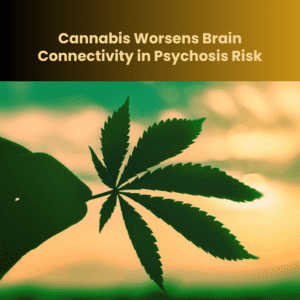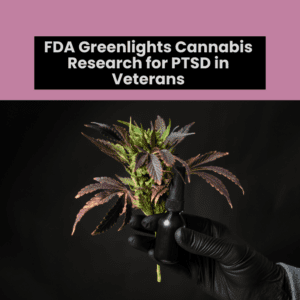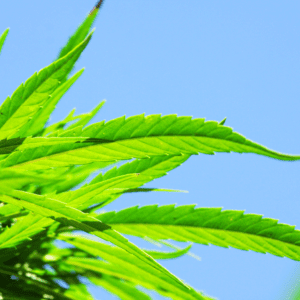Comparing Safety: Cannabis vs. Alcohol

A recent National Survey on Drug Use and Health revealed that more Americans are using cannabis daily than consuming alcohol. This shift reflects changing attitudes toward cannabis, driven by widespread legalization and perceived health benefits.
Cannabis legalization
With 24 states legalizing recreational cannabis, its popularity has surged. Proponents argue for its safety compared to alcohol, prompting the Biden administration to reclassify it as a less dangerous drug. However, concerns have arisen due to the increasing potency of today’s cannabis, with some products containing up to 90% THC (tetrahydrocannabinol), the psychoactive compound responsible for the high.
Hidden dangers of cannabis
Despite legalization, potent strains have sparked health worries. In Canada, hospital visits for cannabis poisoning among older adults tripled post-legalization. California saw a rise in admissions due to cannabis-related complications, and across the US, many young people are hospitalized annually for weed-linked issues. These range from mental health crises like psychotic breaks and suicide attempts to physical conditions such as heart and lung problems. Notably, cannabinoid hyperemesis syndrome—a vomiting condition—affects a significant number of regular users.
Alcohol’s dark side
Alcohol, long recognized for its harmful effects, contributes to conditions like heart disease, liver damage, stroke, diabetes, and various cancers. Binge drinking exacerbates these risks, particularly increasing the likelihood of heart disease and heart attacks. The World Health Organization’s recent declaration that no amount of alcohol is safe underscores its potential for widespread harm.
Cannabis vs. alcohol
While alcohol is associated with greater physical harm, cannabis’s impact on mental health is significant. Psychosis, characterized by a loss of touch with reality, can occur even after a single use of cannabis due to THC’s fat-soluble nature, which allows it to linger in the brain. This contrasts with alcohol, which typically does not induce psychosis after acute use but may contribute over time in chronic alcoholism.
Tragic cases, such as that of Bryn Spejcher in California, who committed a violent act during a cannabis-induced psychosis, underscore extreme risks associated with cannabis use. Additionally, children may suffer adverse effects due to parental cannabis use.
Impact of cannabis and alcohol on brain
Contrary to common belief, cannabis addiction is a real concern, with studies suggesting millions of Americans meet criteria for cannabis use disorder. Chronic use has also been linked to increased risks of depression and bipolar disorder.
The debate over which is worse—cannabis or alcohol—does not have a simple answer. Both substances carry significant risks, albeit different in nature. Alcohol’s physical harm is well-documented, whereas cannabis poses greater risks to mental health. Understanding these nuances is crucial for making informed decisions about personal health and well-being. Moderation and responsible use are essential strategies to mitigate risks associated with either substance.











